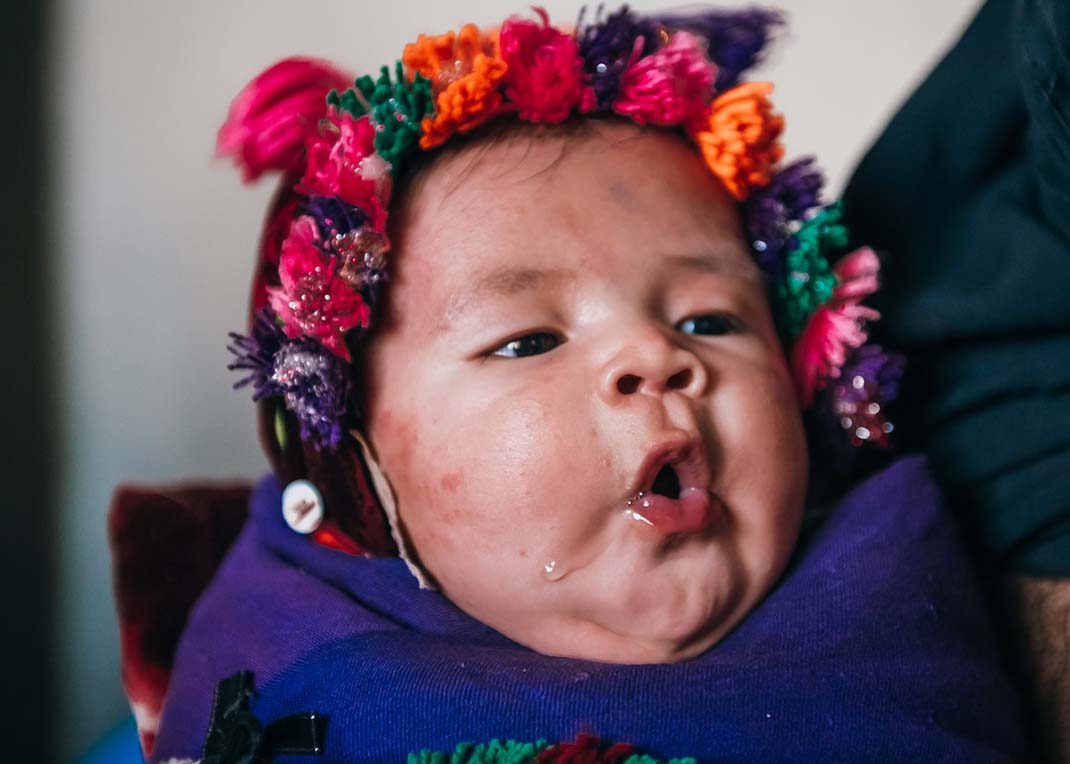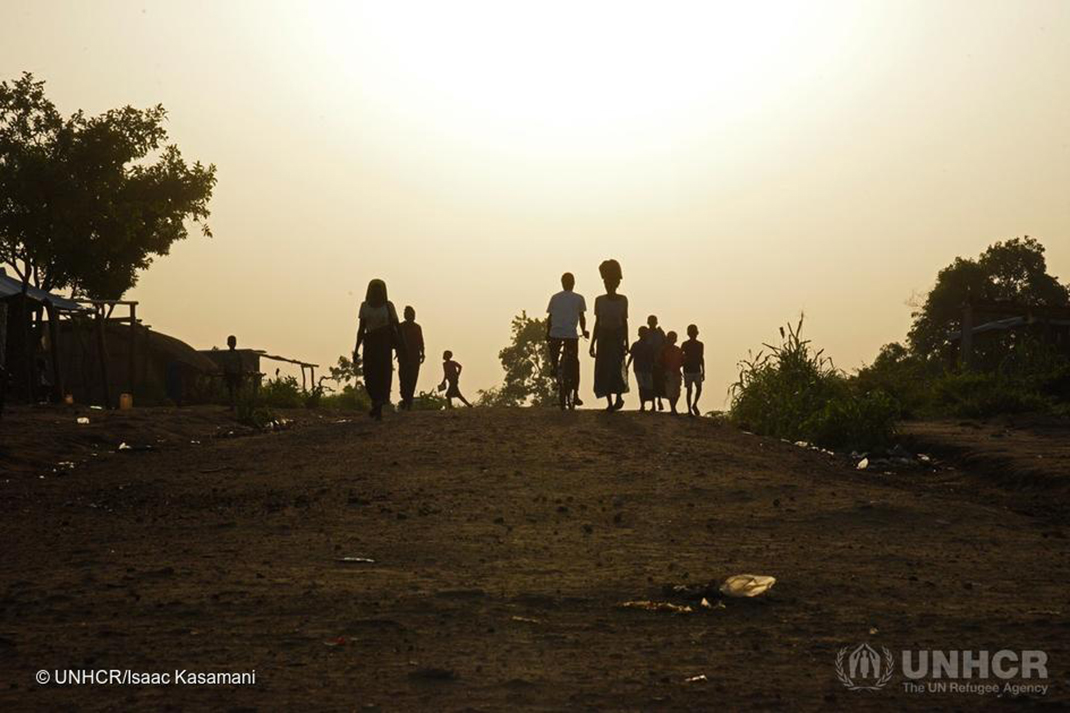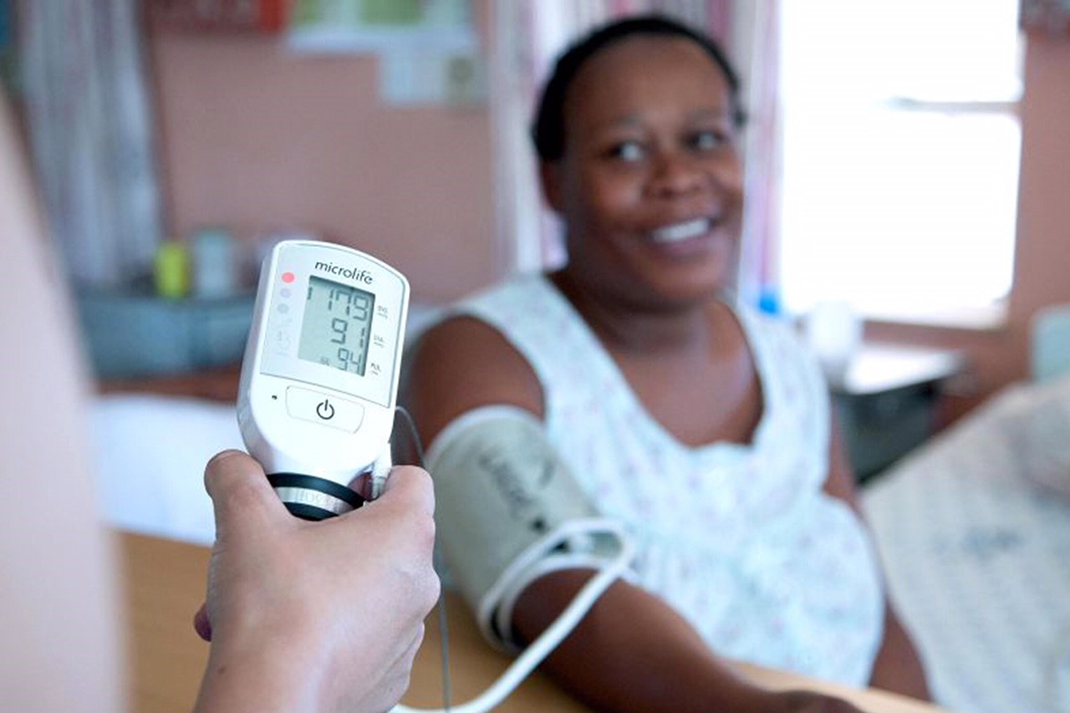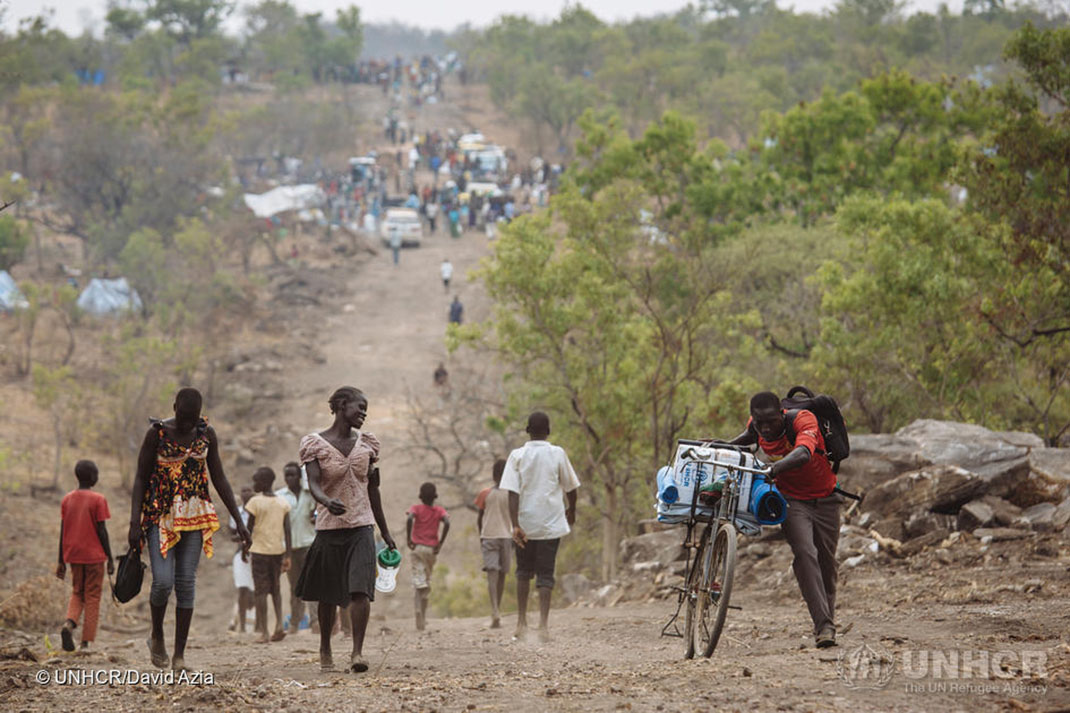Saving lives in Afghanistan: four mothers tell their stories
Saving lives in Afghanistan:
four mothers tell their stories
Christians in Afghanistan are saving mums’ and babies’ lives this harvest.
Can you imagine losing ten children? Many mothers living in remote villages in the mountains of Afghanistan don’t have to imagine. It’s been their life. Giving birth used to be a terrifying prospect for these women: they never knew whether they, or their babies, would survive. For hundreds of women across Afghanistan’s icy mountains that’s all changed, thanks to transformative training courses supported by BMS World Mission. Thanks to you and your support. Children born in these villages are far less likely to die before they’ve had a chance to live. Mums don’t have to live in fear anymore.
We want to introduce you to four of these mothers, so they can share in their own words the way that you have helped transform their lives.
1. Negar: ‘The men are really helping, they’ve had the lessons as well.’
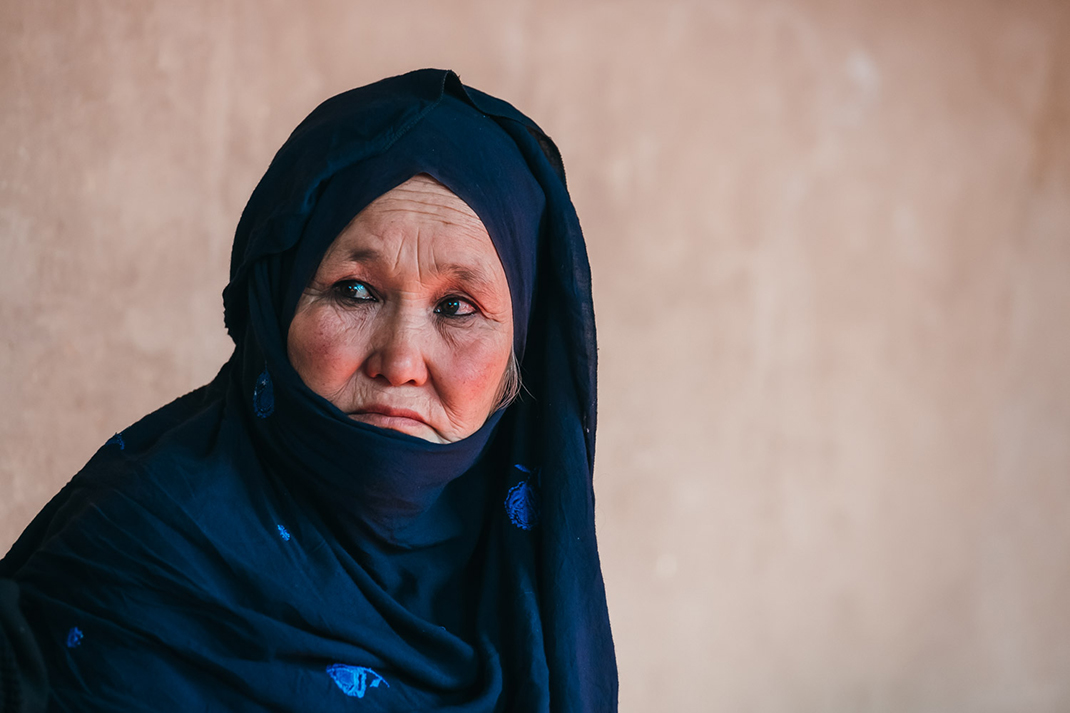
My children didn’t all survive. I’ve given birth to about ten children in all, but three of them passed away from tetanus. Us women used to keep carrying really heavy loads all through pregnancy. We wouldn’t be eating and drinking very much. And we’d give birth down in the barns.
The birthing lessons have really made a difference to the way we look after ourselves when we’re pregnant. The men are really helping, they’ve had the lessons as well. They’re the ones who are saying, ‘don’t do the heavy lifting’. They’ll bring water into the house, they’ll make sure their wives get a couple of hours extra sleep during the day. This has really made a difference to the way that men behave.
And it means our children come into the world healthy and whole. They are not passing away from hepatitis, and pneumonia, tetanus.
2. Maheen: ‘If we had known about this a generation ago, it would have made so much difference.’
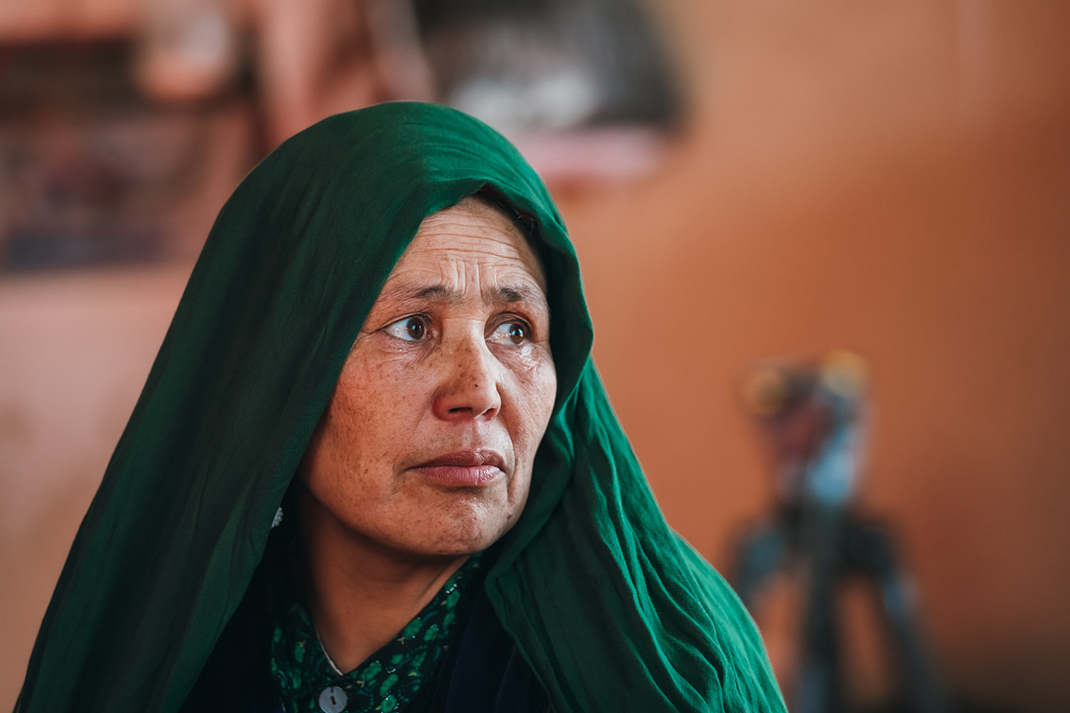
Eight of my children passed away. I have eight living children as well. The others died from bleeding, from other complications, from getting sick after they were born. Even my children who survived had problems when they were young. One of my sons had problems with diarrhoea and deafness for about two years when he was younger, he’s still deaf in one ear. Another had problems with his heart, and other complications. We took him to the clinic and they managed to save his life. He’s a nice, big man now. This was before we had any of these lessons we have now.
I’m one of the local midwives, and since I took part in the training and became a facilitator I’ve delivered about 35 children and they’ve all been fine. I’ve applied what I learned in the lessons and those have been healthy deliveries.
If we had known about this a generation ago, it would have made so much difference. There are so many women from this village who are not here today, because they lost blood and died during childbirth. And children who died from infections. I recently helped my friend here with a baby that couldn’t breathe. We knew how to pat it on the back, how to give it the breath of life and to start it breathing. And he’s okay now. We’ve learned so much. And we want to learn more.
Life’s First Cry, our 2018 harvest appeal, shares the hidden struggles of families in rural Afghanistan.
Click the button below to download the video and visit www.bmsworldmission.org/cry find out more about all the amazing resources that you can use to share how women’s lives are being transformed.
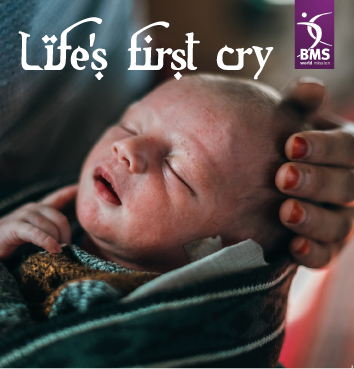
3. Taban: ‘I’m happy to be a mum.’
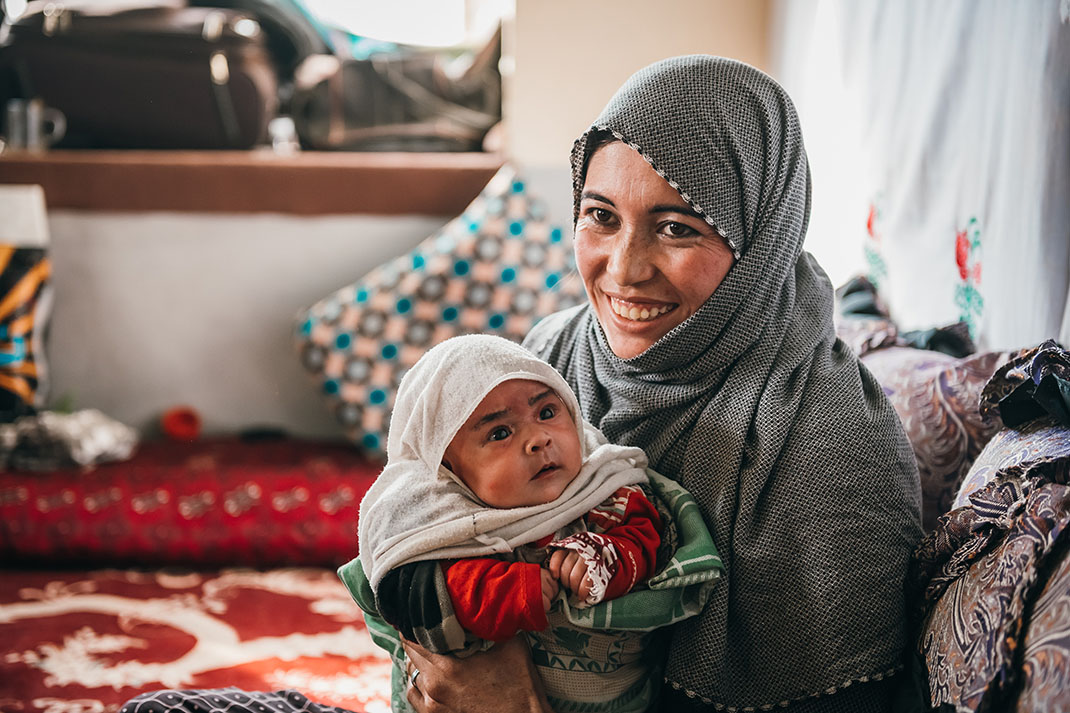
This is my daughter Chehrah. I gave birth at home and, because Chehrah was born after we started the lessons, we knew to make the place nice and clean. And, praise God, Chehrah’s fine. She’s really well. We didn’t know much about childbirth before we had the course. Some of my other children had problems with malnutrition and things, because we didn’t really have much idea about feeding ourselves well as mums. This time, I found it a lot easier. I wasn’t so worried, and we had a nice place to have the baby. Chehrah was born in the night, and the next morning we went to the clinic to get her vaccinated.
I’m happy to be a mum. It’s a nice thing. I am really hoping I can bring my children up well, and they will be healthy.
4. Andisha: ‘What we’ve learnt here is the reason that my children are alive.’
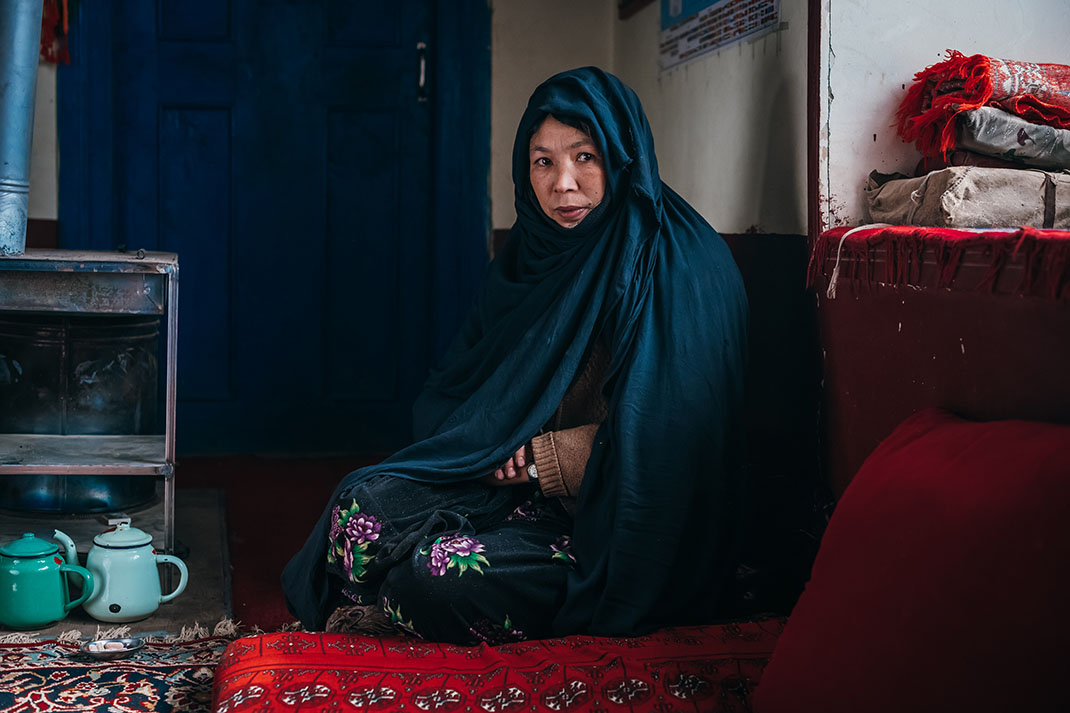
Our kids just kept dying. Some of them would live for a few hours. Some would live for a few weeks. And then they would pass away. And that was just terrible. You can’t really cope with that kind of feeling. But after the course we changed what we do, and our children have survived. Now that we have two living children I am very happy. It’s hard to describe the difference between then and now.
It’s really great being a mum. It’s a really joyful feeling. Our house feels much better. It really made a difference that my husband went on the course as well. He was a real help when I was expecting – he helped around the house and we’ve been more in agreement. It’s brought us closer together. I am really happy now.
What we’ve learnt here is the reason that my children are alive. The lessons you have given have made all the difference in the world.
For these four women, giving birth is no longer a terrifying prospect. But for many other women in Afghanistan, it still is. Please show Life’s First Cry in for your harvest service this year to support this extraordinary work and help keep more mothers and babies alive.
Visit www.bmsworldmission.org/cry to find all the resources you’ll need, including the British Sign Language and subtitled versions of our Life’s First Cry video, collection jar labels and gift envelopes. Thank you for supporting this powerful work and giving families hope for the future.
